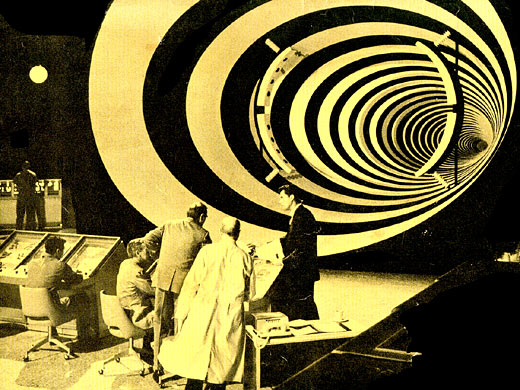Booky Noise IV: The Yeah But Defense
Me: I really like your description but I find am I confused about where this is taking place and who is talking.
Writer: Yeah but if you read on to page 10, it becomes very clear that...
Here's the problem, and this is common to ALL writers (including moi): When we write, we have this wonderful thing going on in our brains. To me, it is like a movie I am seeing in my head. To you, it might be a soundtrack of people talking or maybe a storyboard of scenes. Whatever you are experiencing, it is probably very vivid and exciting. But then something happens as you begin to translate those images from your brain screen to the computer screen. Sometimes there is a disconnect between brain and fingers. Something becomes lost in translation.
We writers, often can't see this. But readers can. They aren't privvy to the creative process; all they care about is can they follow the story you are trying to tell? Is it emotionally involving for them? Is it dramatically compelling? Does it make sense?
And then there is the ego thing. We writers are big writhing gooey masses of ego. We are easily bruised and we are never so vulnerable as when we throw our new stuff out there for the first rounds of feedback. We want to be told our stuff is Great! Fabulous! Better than anything Paterson does! We don't want to hear our babies are homely. Even when we suspect they are.
So, next time you are offered feedback -- here, from your critique group or an editor, resist the urge to explain. Someday, when your book is on the shelf at Borders and a customer picks it up, reads the first page and puts the book down, you're not going to be there to say "Yeah but..."
Enough lecturing.
Let's take a look at Jude's opening. I am not suggesting Jude has a Yeah But issue here at all. (Jude was in one of our workshops at SleuthFest once and takes feeback like a trouper). But does this opening make you want to read on? Does it reel you in? (Apologies, Jude, given your fishing theme here!) Can it be improved? Let him know what you think:
My stepfather, drunken bastard that he was, taught me two important survival skills: How to use a baitcaster reel, and how to filet a bass. On August 16, I had gotten up at six A.M. and exercised the first. By nine, I stood under the shade of a very large pine tree, busy with the second. I wore khaki shorts, no shirt, a pair of topsiders and a ball cap that said Guinness. Typical north Florida fishing attire. I’d run out of Barbasol three days ago, so my razor was on vacation until further notice.
I scraped the scales off my third and final fish, looked up and saw a little red car turning from Lake Barkley Road onto my gravel driveway. It was one of those cars I call a Bic. Like the lighters, they’re cheap and disposable. You buy one fresh off the lot, and by the time it needs new tires it’s ready for the junk yard. An internal timing device insures that all working parts take a dive at the precise moment the warranty expires.
It struggled up the hill and parked beside my GMC Jimmy. The driver’s side door opened and a young woman got out, wearing what at first appeared to be a hearing aid. It was one of those cell phone gizmos you hang on your ear so everyone thinks you’re loony tunes walking around talking to yourself. In the future, they’ll implant a computer chip directly into your brain and you’ll be perpetually connected, via satellite, to people you don’t want to talk to anyway. I was hoping I’d die before anything like that ever happened when the woman said, “Is this where you live?” She surveyed my home sweet home--a 1964 Airstream Safari travel trailer, parked on lot 27 at Joe’s Fish Camp--my ten year-old SUV, my blood-stained picnic table littered with catch-of-the-day carcasses. She had an expensive-looking hairstyle, clipped shoulder-length, brown with streaks of caramel, and a dubious look on her face. She wore a navy blue skirt and jacket, a thin white silky shirt, some sort of shoes that didn’t tread well on my sandy yard and a white leather purse. I doubted she was old enough to drink.
“If you’re selling something, I’m broke so don’t bother. If you’re from the loan company, I’m really broke so really don’t bother.” I was six weeks behind on my car payment. I expected to wake up any day now and find Jimmy not there. A tow truck hadn’t followed her in, so I figured I was safe for the moment.“I’m looking for Nicholas Colt,” she said. “The private eye. Is that you?”








